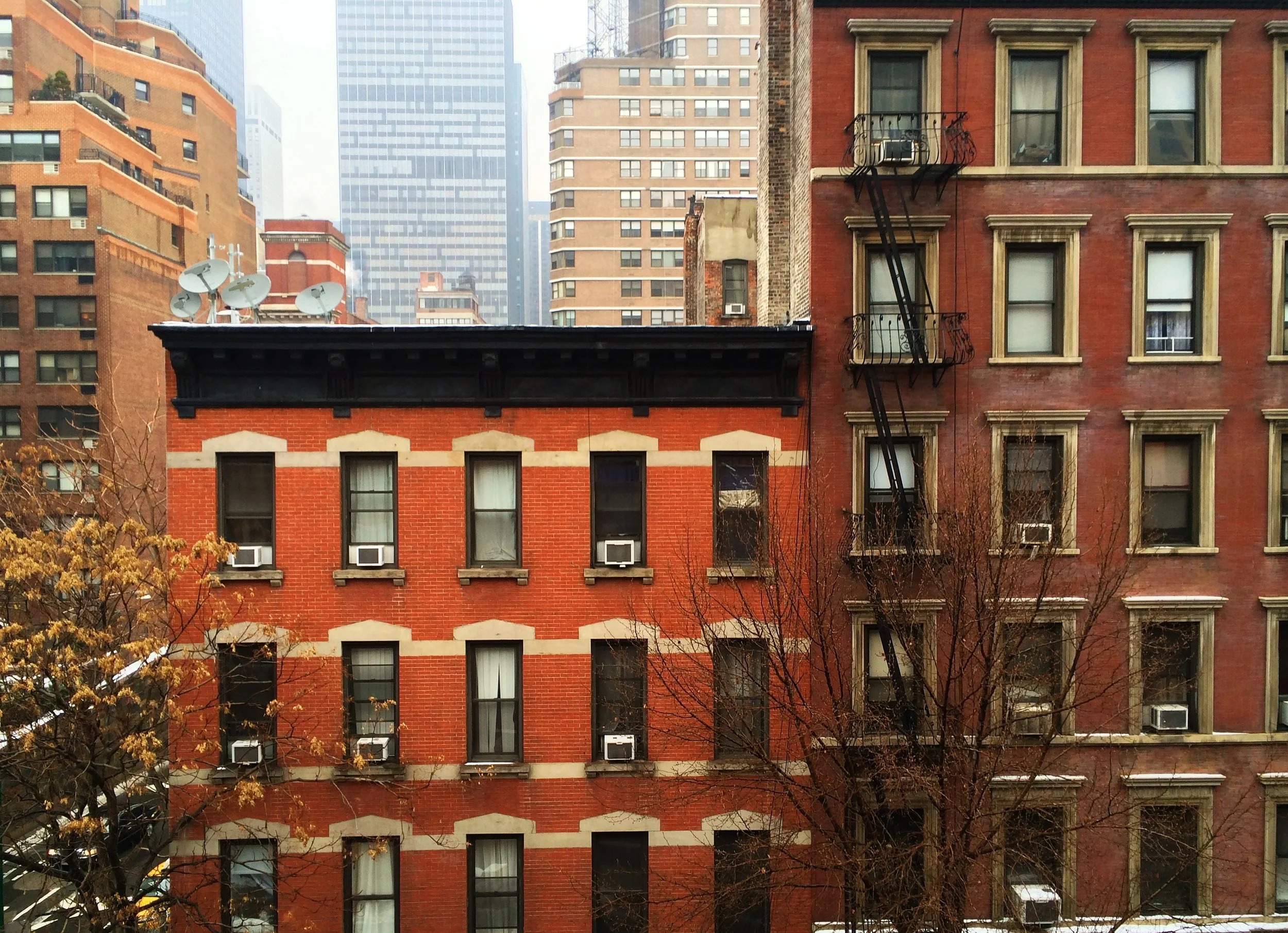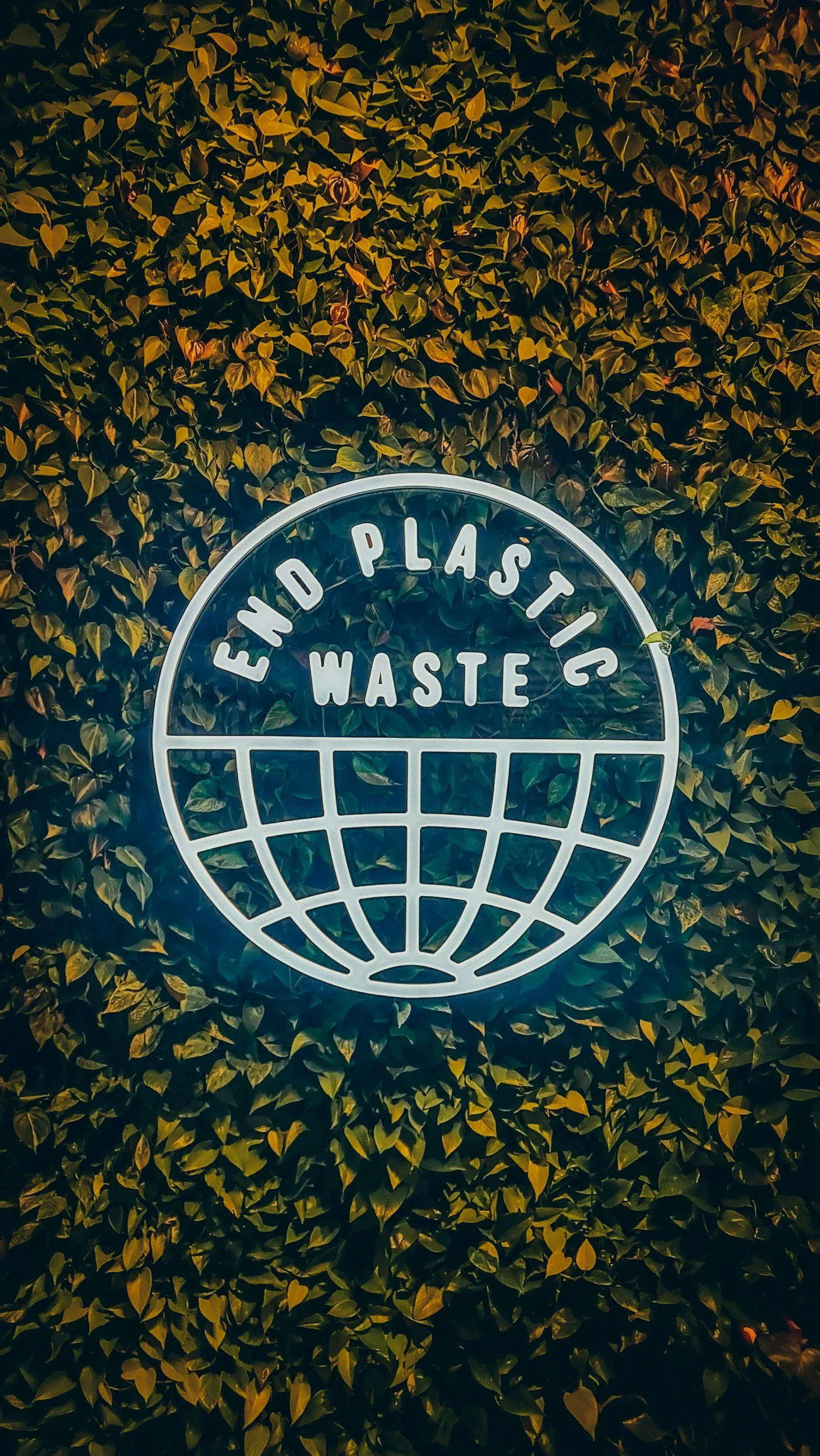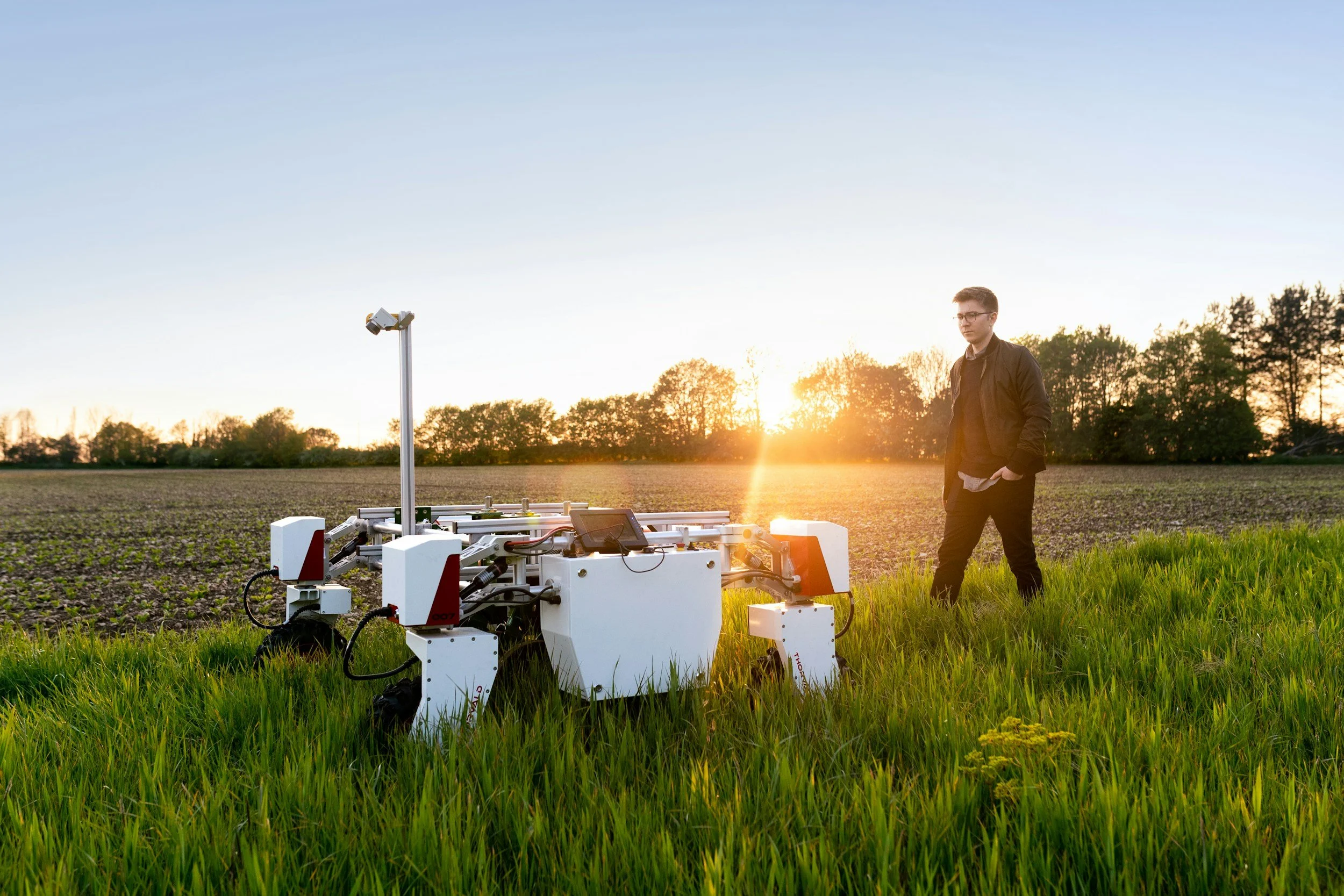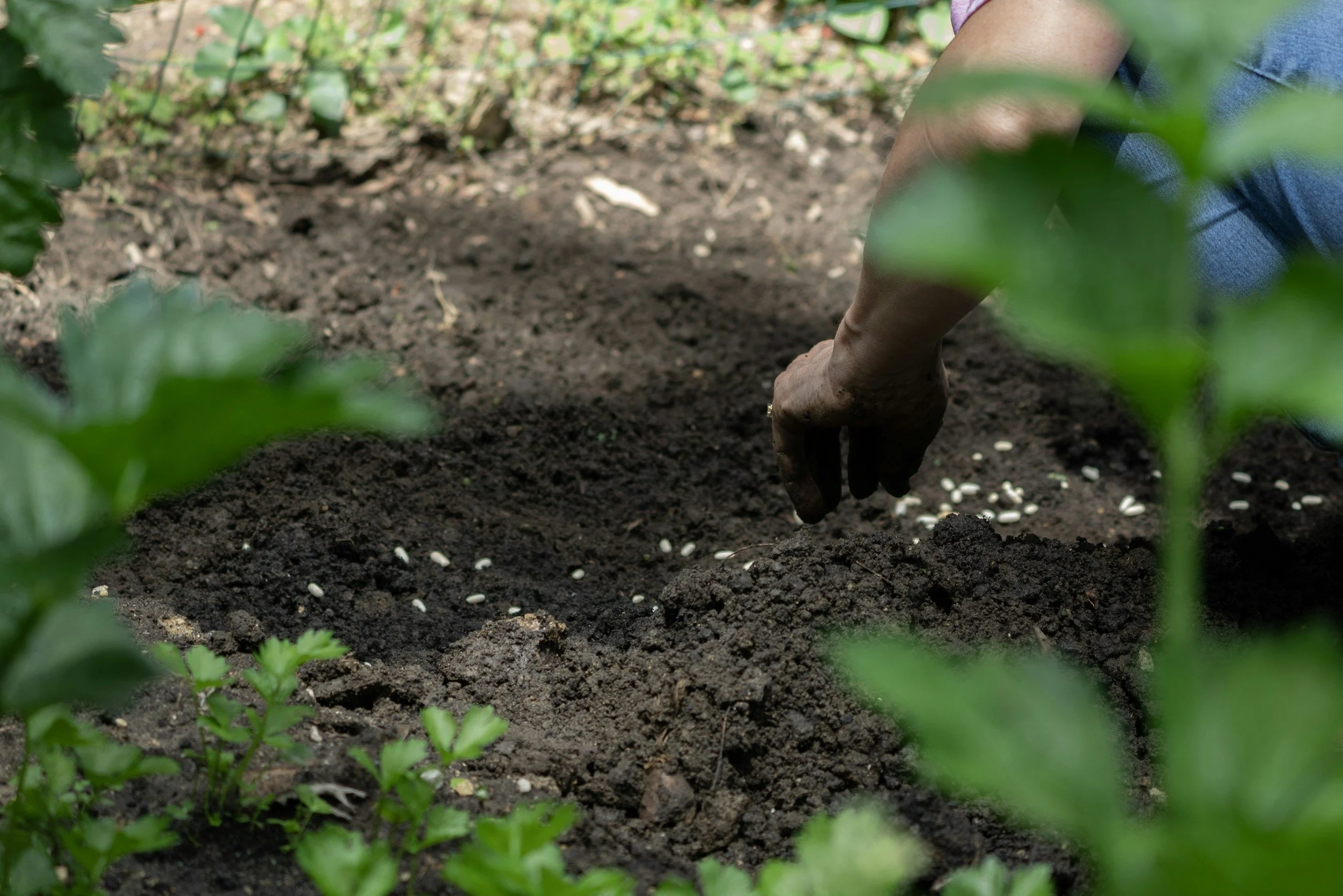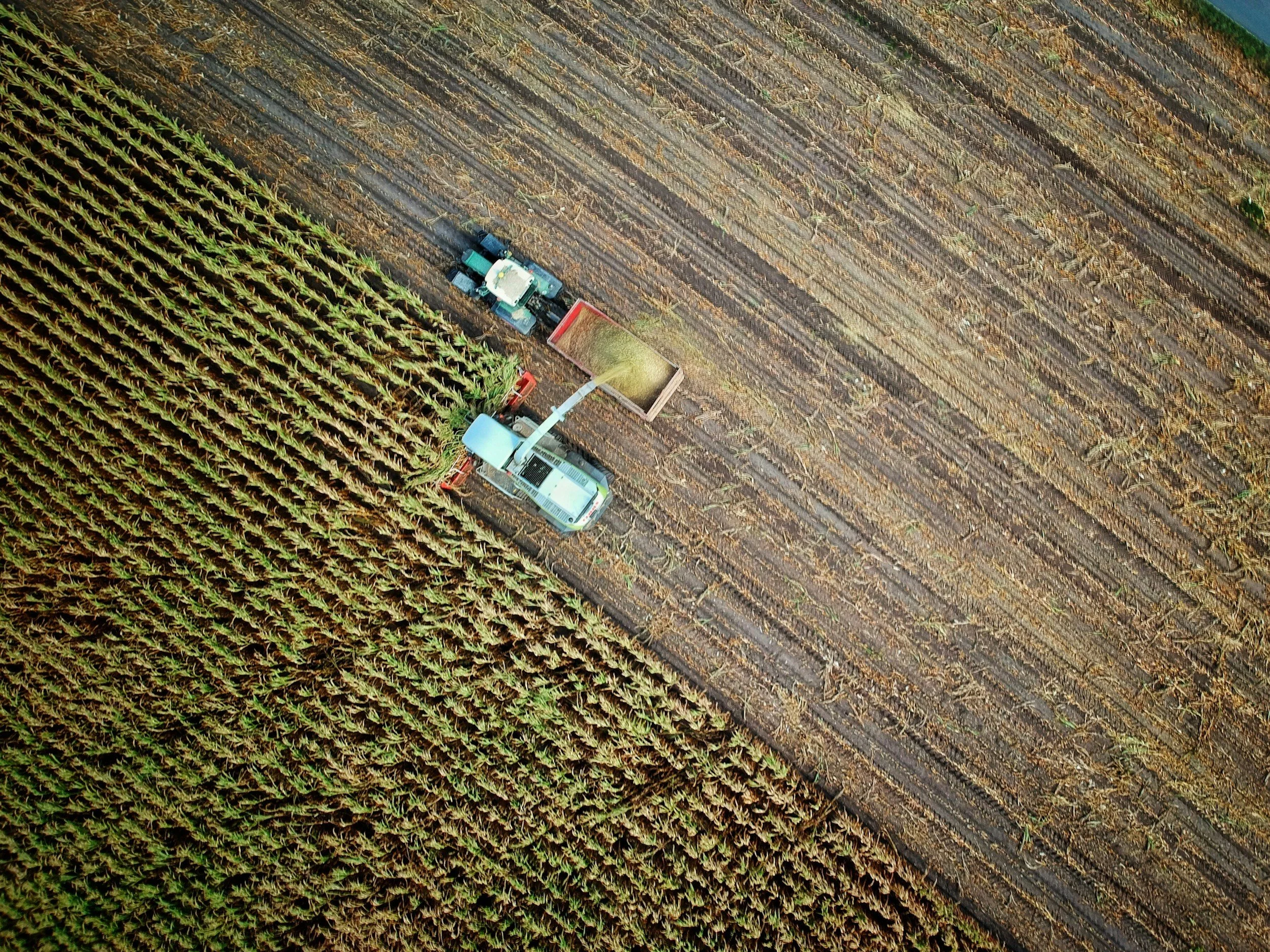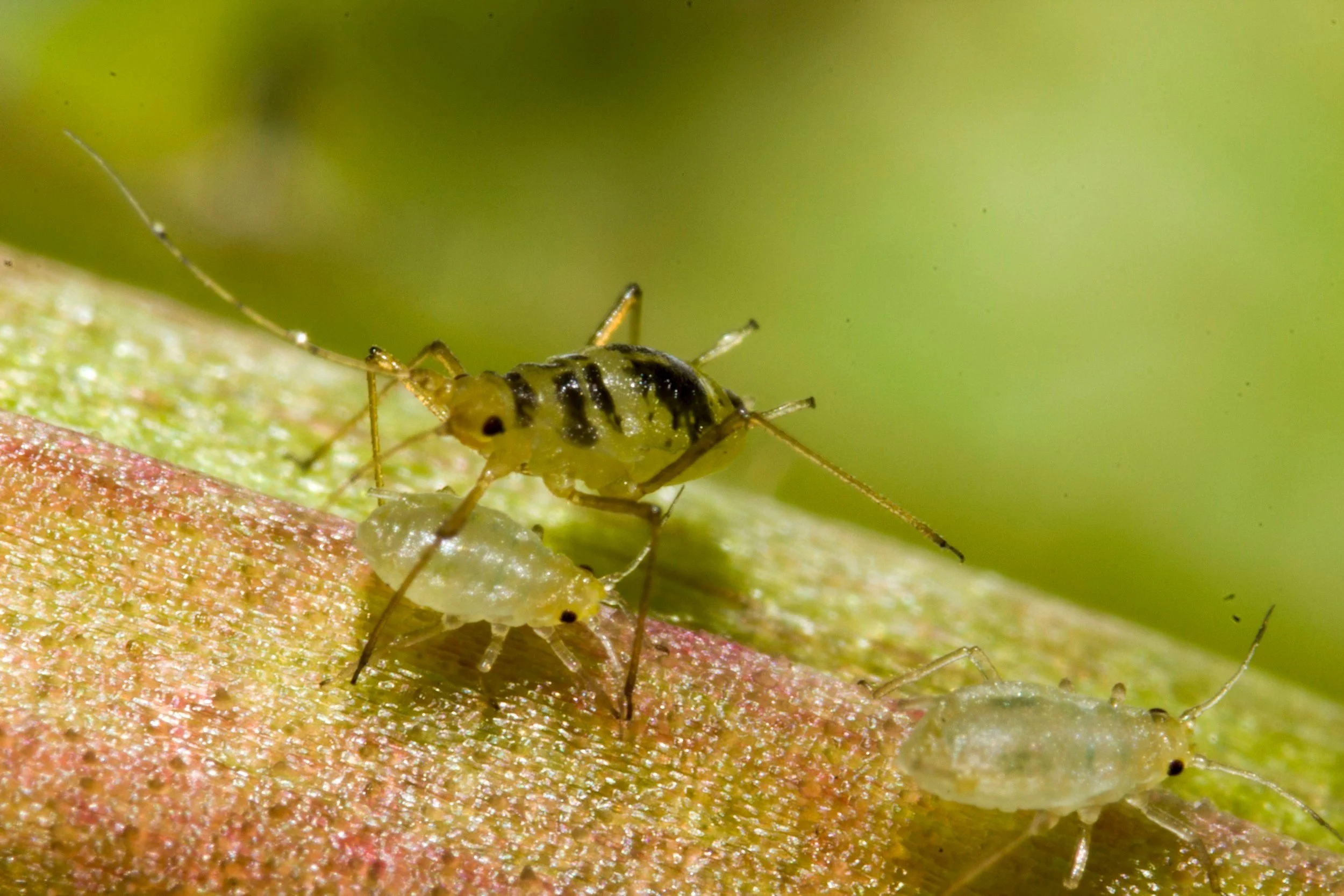The (grim? hopeful?) future of small-scale farming in 2015
/This year’s news for small farmers is a sobering reminder that there is still a long way to go to achieving a real, sustainable “movement” that could also help small-scale farmers. According to a report released last month by the US Department of Agriculture, farmers’ incomes are projected to drop by as much as 34% in 2015 as compared to the 2014 forecast. In this grim scenario, the Northern Crescent region of the U.S. is expected to be hardest hit. Some of the reasons for this decline are lower crop yields, lower crop prices and higher costs of doing business.
Despite the ongoing challenges small-scale farmers face, there are some encouraging reasons to pay attention to small-scale farming in 2015, and to understand its importance for the (local and global) economy, the environment, and for reducing your exposure to toxins in the food you and your children consume, whether or not you patronize your local farms.
Read More












